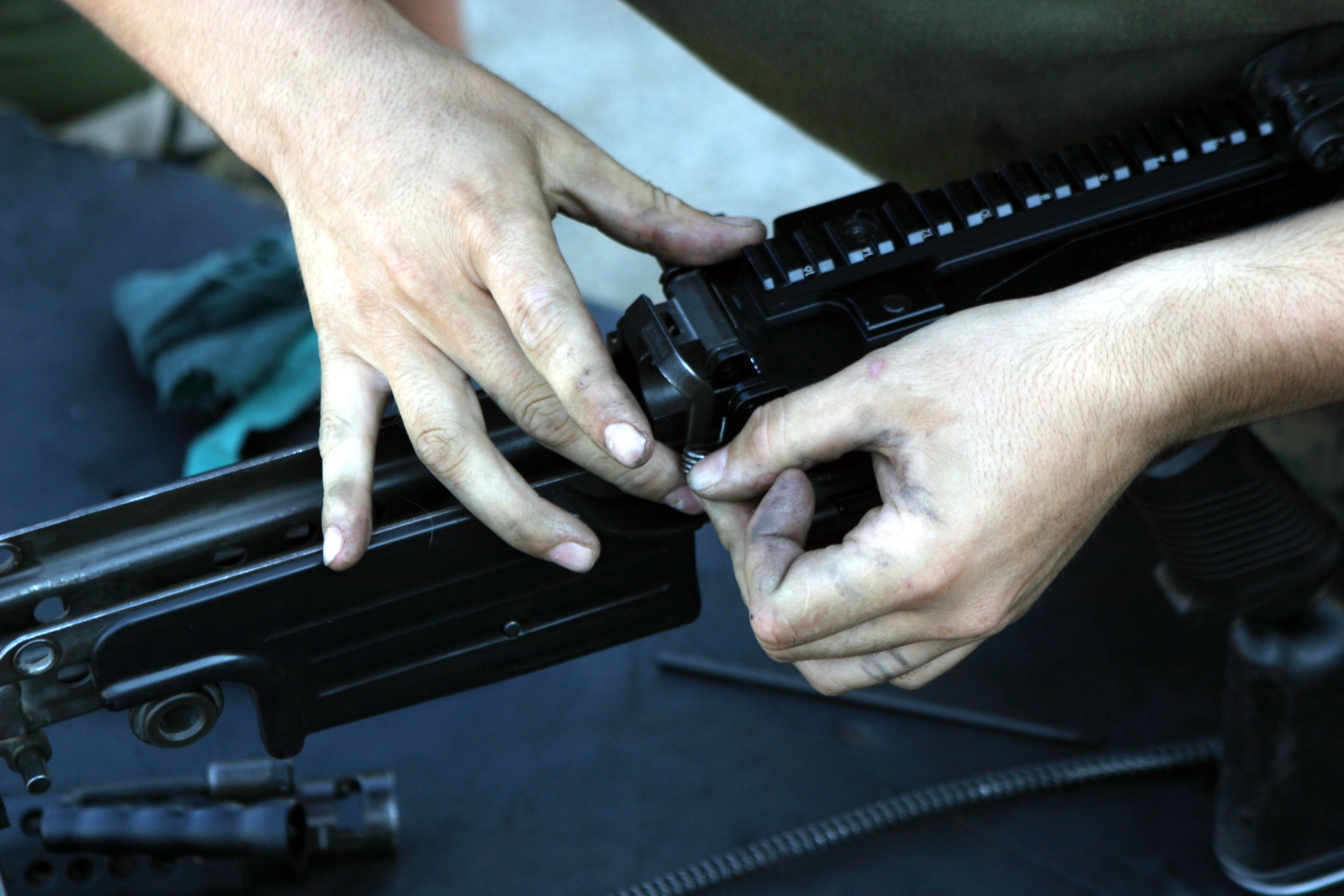
Gunsmithing is a revered craft in the United States, with a rich history of craftsmanship and innovation. If you aspire to become a professional gunsmith and work with firearms, obtaining a gunsmithing license is a crucial step to ensure your skills meet industry standards and comply with the law. This article will guide you through the process of obtaining a gunsmithing license in America, outlining the steps, requirements, and essential information for pursuing a career in this field.
Understanding The Role Of A Gunsmith
Get a good grasp on what a gunsmith performs before you go headfirst into getting your license. Repairing, customizing, and maintaining weapons is the specialty of a trained expert known as a gunsmith. This includes handguns, rifles, shotguns, and other related firearms. Gunsmiths ensure that firearms are safe, reliable, and perform optimally. They may work in gun shops, firearm manufacturing companies, or operate their gunsmithing businesses.
Steps To Obtain A Gunsmithing License
- Education And Training: The first step in becoming a licensed gunsmith is to acquire the necessary education and training. While there is no formal degree required, enrolling in a reputable american gunsmithing institute or program is highly recommended. Essential subjects covered in these programs include metallurgy, woodworking, weapon safety, and firearm mechanics, all of which are taught via hands-on instruction.
- Gain Experience: Practical experience is crucial in the field of gunsmithing. Most states and licensing authorities require candidates to have a certain amount of hands-on experience before applying for a license. This experience can be gained through apprenticeships, internships, or working under the supervision of an experienced gunsmith.
- Federal Firearms License (FFL): To legally work on firearms in the United States, you must obtain a Federal Firearms License (FFL). The Bureau of Alcohol, Tobacco, Firearms and Explosives (ATF) is responsible for issuing the FFL. You can apply for an FFL by completing the required paperwork, undergoing a background check, and meeting the ATF’s eligibility criteria. Your FFL will specify the type of firearms activities you are authorized to engage in, including gunsmithing.
- State Licensing: In addition to the federal FFL, some states require gunsmiths to obtain a state-specific gunsmithing license. Licensing requirements vary from state to state, so it’s crucial to research the specific regulations in your area. This may involve passing a written exam, practical skills test, or meeting other state-specific criteria.
- Continuing Education: The field of gunsmithing is constantly evolving, with new firearms and technologies emerging regularly. To stay competitive and maintain your license, consider participating in continuing education courses or workshops. This will help you stay up-to-date with industry advancements and improve your skills.
- Maintain Compliance: Once you have obtained your gunsmithing license, it is essential to adhere to all federal, state, and local laws and regulations regarding firearm possession and maintenance. Failure to do so can result in the revocation of your license and legal consequences.
Requirements For Gunsmithing Licensure
A gunsmithing license in the United States typically requires the following, however, these may vary by state:
- Age: Applicants must typically be at least 18 years old to apply for a gunsmithing license.
- Background Check: A comprehensive background check is often part of the application process to ensure that applicants do not have disqualifying criminal records or other legal issues.
- Education And Training: Completion of a gunsmithing program or equivalent education is commonly required, along with a specified number of years of practical experience.
- FFL: Obtaining a Federal Firearms License is mandatory for anyone engaging in gunsmithing activities, as mentioned earlier.
- State-Specific Requirements: Be aware of any state-specific requirements, such as written exams or practical tests, which vary from state to state.
Conclusion
The process of obtaining an American gunsmithing license is rigorous but also rewarding. It takes a dedication to education and training as well as compliance with federal, local, and state laws. If you follow the steps described in this article while researching your state requirements, you will be able to start a career as a licensed gunsmith and contribute to safety and reliability. Remember that gunsmithing, a valuable art form, is vital for maintaining the safety of firearms and their functionality.
